David Warner was a theater, film, and television giant — although you may not have realized how diverse and influential he was. The actor gained attention at 24 when he took the lead role in the Royal Shakespeare Company’s 1965 production of Hamlet. But as Warner’s career stretched from acclaimed Prince of Denmark to lauded King Lear, his path away from the stage took a different direction from some of his well-known contemporaries. Warner never took high-profile recurring roles in pop culture milestones. He didn’t have the big franchises of McKellan or Stewart. But in retrospect, what he achieved is more important.
Warner could carry drama and comedy seemingly effortlessly. He often sported a dejected, or wry expression whether playing a young 1960s student or grizzled authority figure. He also brought performances of both steel and crushing vulnerability to a broad range of genres over his career.
From menacing to kindly, his distinctive and mesmerizing voice graced many animated series — even Teen Titans Go! He took several memorable roles in horror, notably as doomed photographer Keith Jennings in The Omen. He was also a reliable villain and probably most famous for playing the untrustworthy Spicer Lovejoy in Titanic.
However, it’s in science-fiction and fantasy that Warner carved a uniquely large niche. The wealth of his contributions is staggering, bringing gravitas and scene-stealing turns to shows like Twin Peaks and Babylon 5. Seeing his name in a movie’s credits is always a good sign, even if that movie is Tim Burton’s Planet of the Apes.
Being a Picard or a Xavier, a Magneto or a Gandalf, couldn’t have brought the same influence. Here are 10 of Warner’s superb contributions to science fiction and fantasy.
Gul Madred — Star Trek: The Next Generation (1992)
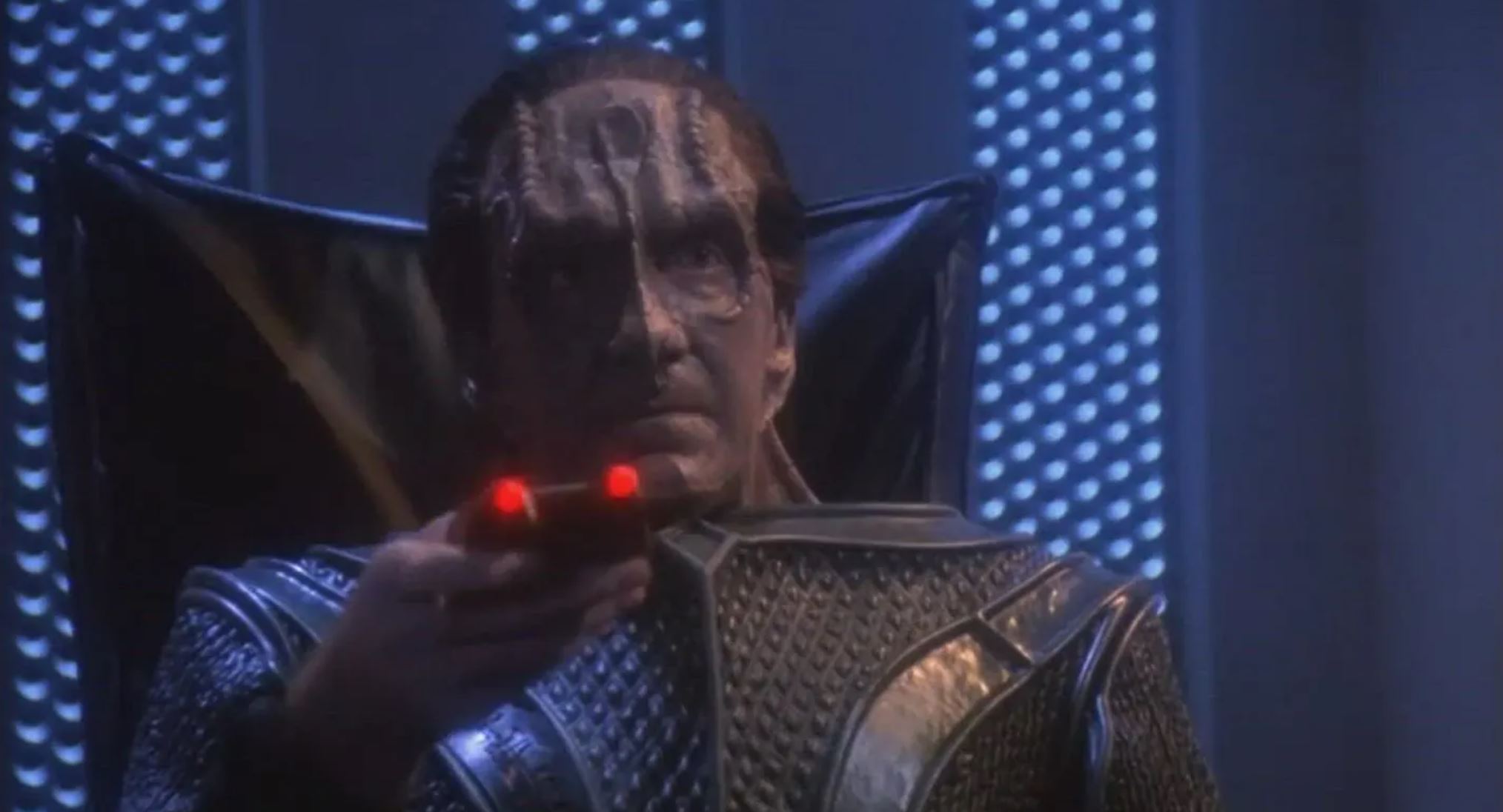
One of Star Trek’s best stories opened the door to Room 101. Even at its peak, The Next Generation needed two phenomenal actors to carry its version of Orwell’s O’Brien and Winston to the screen. It already had Patrick Stewart, and at two days’ notice, Warner was drafted in after the original actor pulled out. It was a lucky masterstroke, reuniting two actors who first performed together in 1965’s Hamlet.
Despite his other roles in the franchise, Warner considered this his favorite as he worked opposite Stewart. The two-part Chain of Command offers some of Star Trek’s most challenging and intense scenes. It’s all the more phenomenal as Warner hadn’t time to learn his lines and read them from boards as he went.
John Leslie Stevenson / Jack the Ripper — Time after Time (1979)
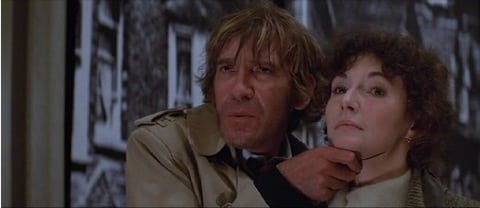
No, not Cyndi Lauper’s memorable ballad — this Time After Time is a high-concept sci-fi thriller from Nicholas Meyer three years before the writer-director unleashed Star Trek’s Wrath of Khan. The time-twisting plot, adapted from an unfinished novel, pitted Malcolm McDowall’s H.G. Wells against Warner’s Jack the Ripper. Fortunately for all of us, this Wells does more than write science fiction. He pursues the Ripper to the 20th century in his Time Machine, leading to a contemporary legend-off.
Warner reportedly beat the likes of Mick Jagger to the role of the villain in this entertaining caper, and he was typically captivating. It’s won a cult following, but deserves a reimagining.
Ed Dillinger / Sark / Master Control Program — Tron (1982)
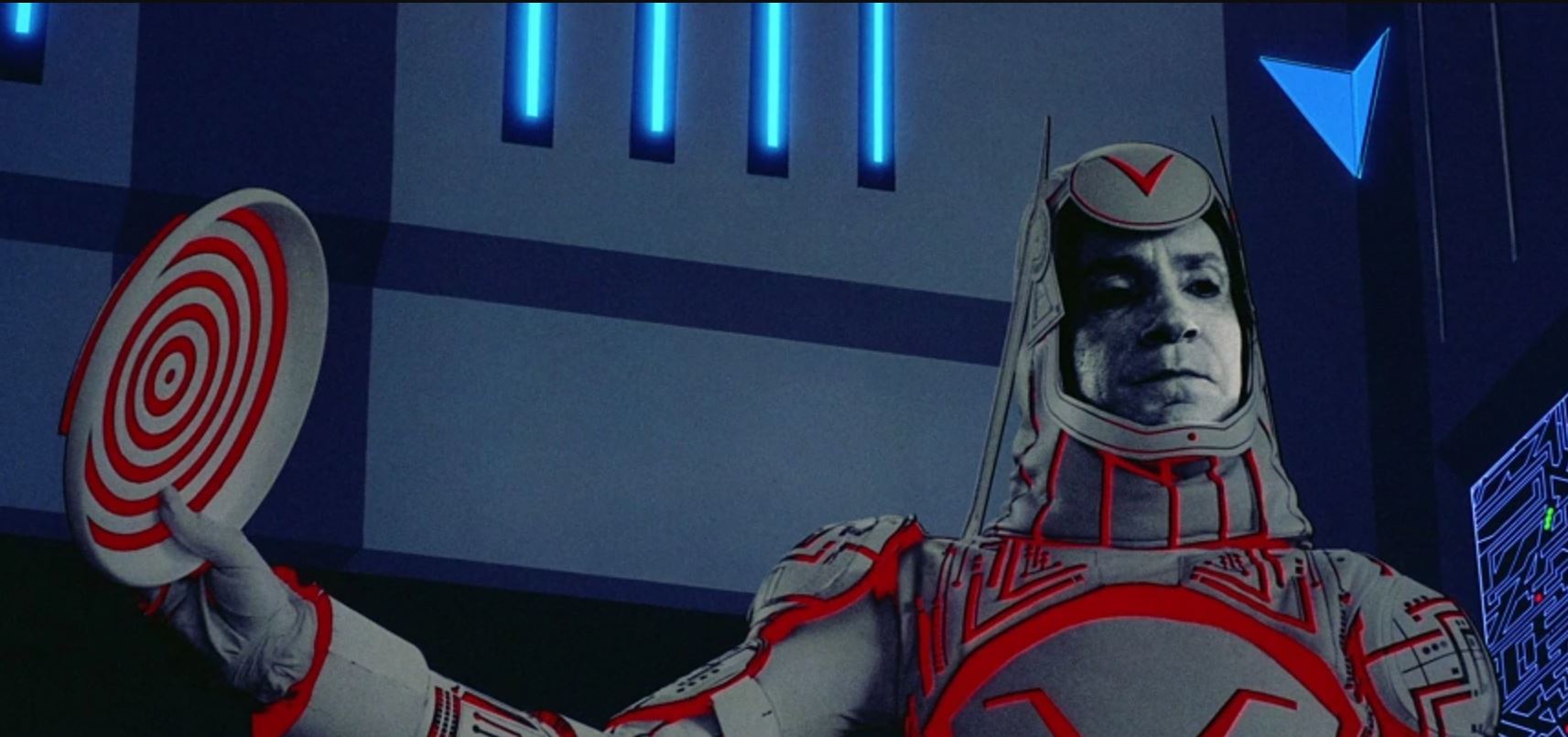
Warner was more than the big bad of Disney’s original concept-bending blockbuster. Tron was ahead of its time, but knew its ambitions rested on reliable actors. Jeff Bridges versus Warner, in the real world and proto-CGI construct of the mainframe, was just the ticket.
Warner took three roles: the treacherous senior executive, the Sark command program, and uncredited, the repurposed chess computer MCP AI, which monitors the mainframe.
Dr. Alfred Necessiter — The Man with Two Brains (1983)
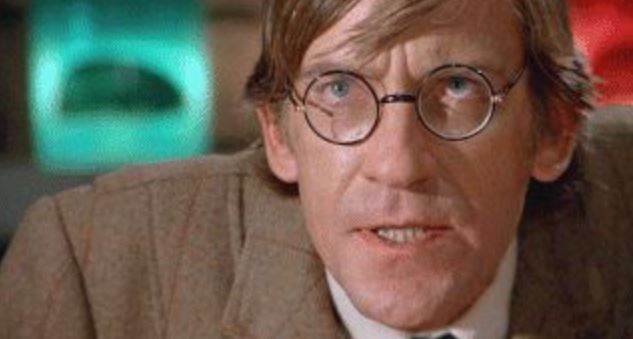
Whether it relied on his dry delivery or evident fondness for the absurd, Warner’s gift for comedy was well used. In this board comedy, he got to wrap his fun side around a mad scientist.
Love or hate the manic comedy, it’s one of Steve Martin’s best vehicles, and Warner is a brilliant foil. His superbly named neurosurgeon Alfred Necessiter had perfected a technique to keep brains alive in liquid-filled jars, and fortunately, there were plenty around.
Chancellor Gorkon — Star Trek VI: The Undiscovered Country (1991)
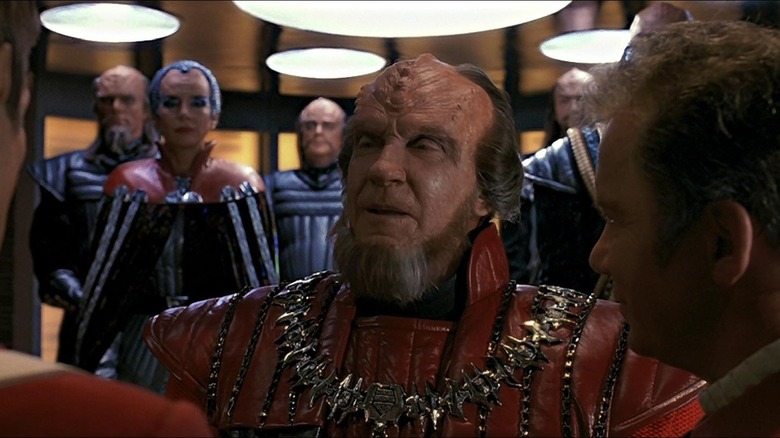
Warner had a memorable role in Star Trek V as a washed-up human ambassador, but he made his real mark in the next film, which closed a chapter on the original crew of the Enterprise. Gorkon was a pivotal figure with a short time to shine, and Warner made it count.
Christopher Plummer may steal the show with his Shakespeare-quoting warmongering, but Warner’s quiet dignity paved the way for peace. It was a role Warner happily returned to for Star Trek video games.
Evil — Time Bandits (1981)
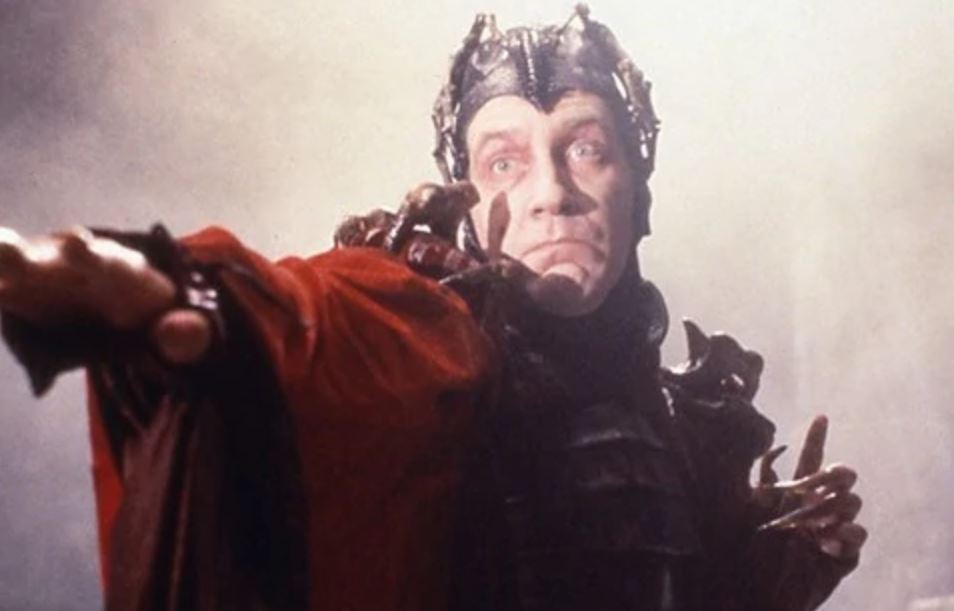
Warner played an excellent villain, and bad guys don’t come better than the embodiment of evil. There was plenty for the actor to lean into in Terry Gilliam’s fantasy adventure.
Satirical and anti-authoritarian, Evil was a villain obsessed with technology as a means to overthrow his creator, with a fondness for pretense and hatred of slugs. Basically, it was a gift of a role that Warner didn’t waste.
Jor-El — Lois and Clark: The New Adventures of Superman (1993-1997)
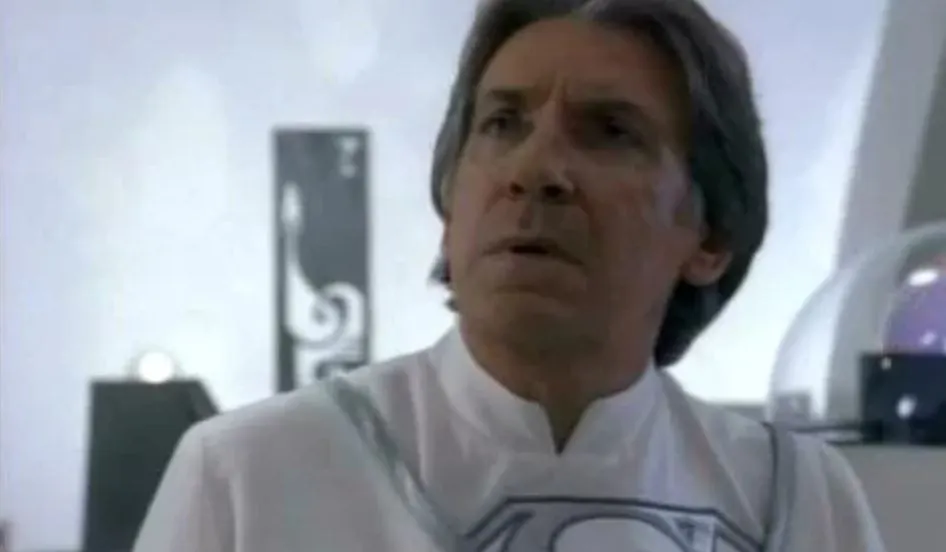
Jor-el is one of the best cast characters in fiction, but when Warner took the role during the peak of Superman’s 90s adaptation, it was Marlon Brando who still set the tone.
Warner only appeared in the first season, and was many fans’ first introduction to the idea of Superman’s Kal-El’s biological father as a holographic guide on Earth.
Abraham Van Helsing — Penny Dreadful (2014)
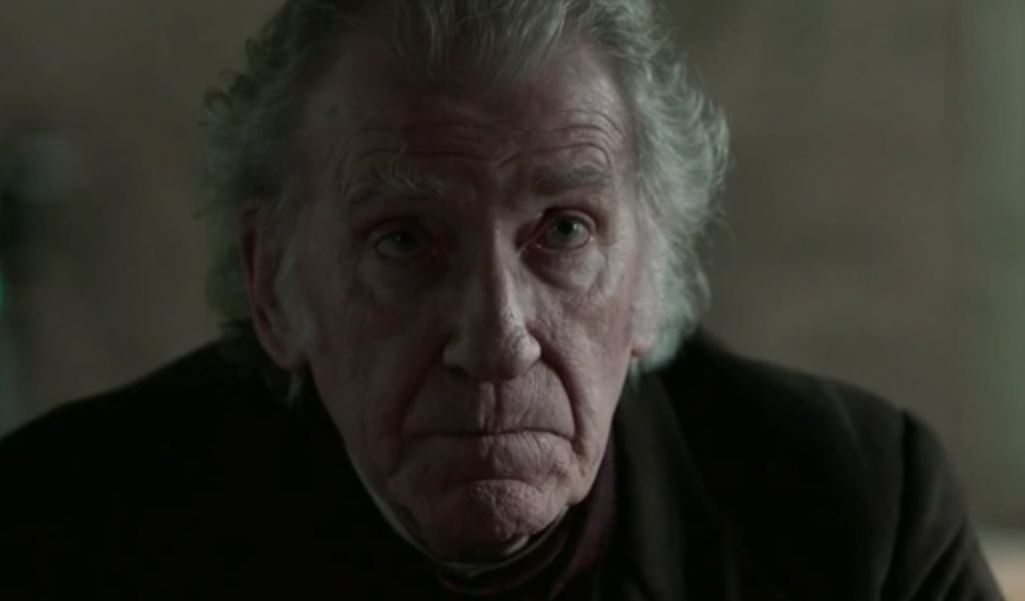
We didn’t have to wait long for the legendary vampire hunter to appear in John Logan’s fantasy romp through classic horror, but we also didn’t have long to get to know him. Of course, Warner didn’t disappoint as the famous vampire killer, although the show concentrated on his science, pairing him with young Victor Frankenstein and drawing parallels.
Warner warmed up two episodes as the vampirologist, but in a disturbing twist typical of the show, it wasn’t Dracula who got the better of this legend.
The Doctor — Doctor Who (2003 – 2023)
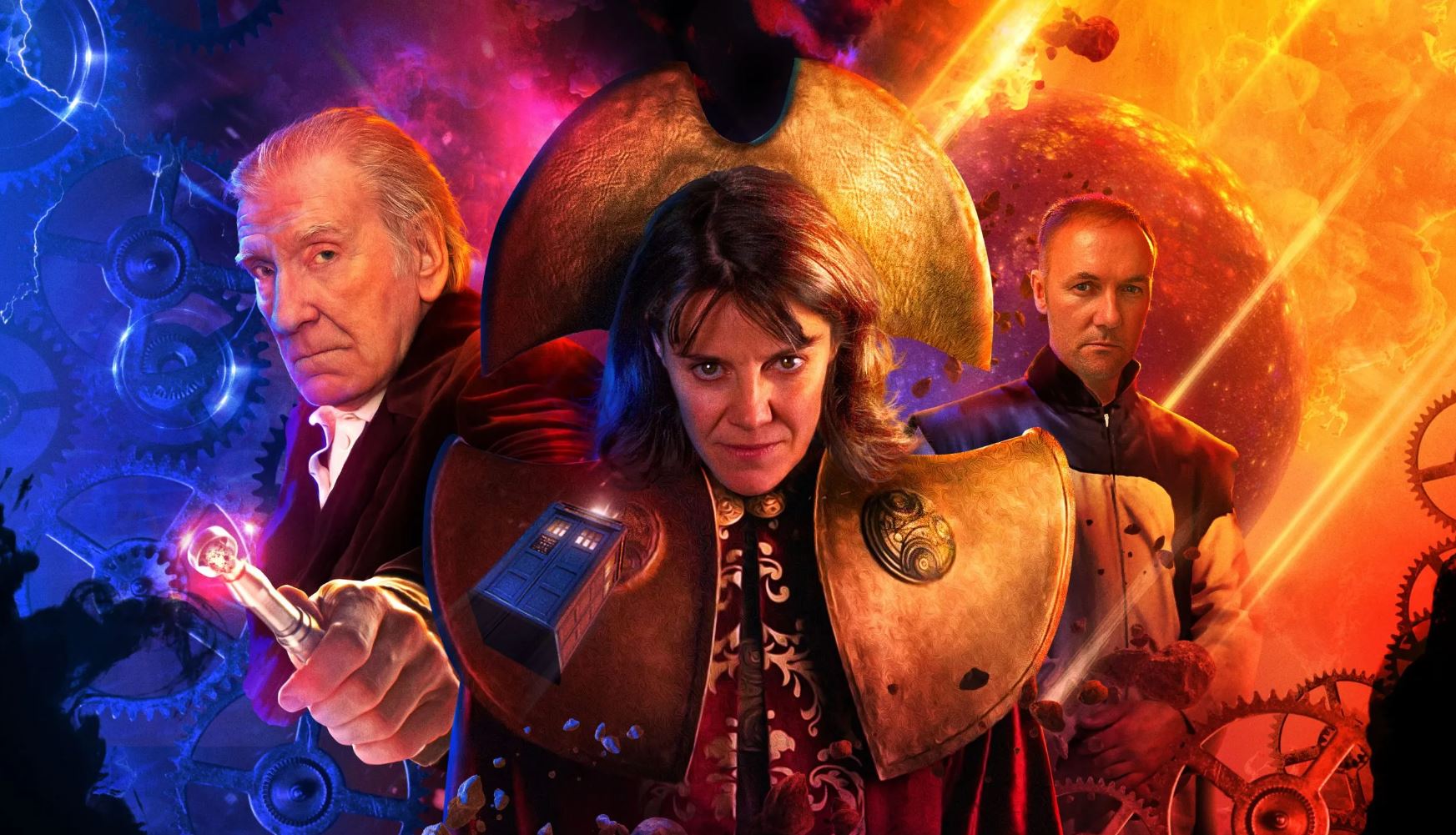
What? Yes, Warner guested in the television show (Series 7’s Cold War), but he also carved out a brilliant role as an alternate Doctor for audio play producers Big Finish. What started as a What If..? style series of stories featuring wishlist actors as the Doctor, Warner’s was too good not to continue.
His alternative Third Doctor — what if the Doctor hadn’t been exiled to Earth in the 1970s? — spun out on his own, creating a valid, if dimensionally-parallel version of the Time Lord for nearly 20 years. One of Warner’s final roles is likely to be part of the show’s 60th-anniversary celebrations — news leaked just before Warner’s death by the spoiler-proof Ninth Doctor Christopher Eccleston.
Ra’s al Ghul — DC Animated Universe (1992 – 2000)
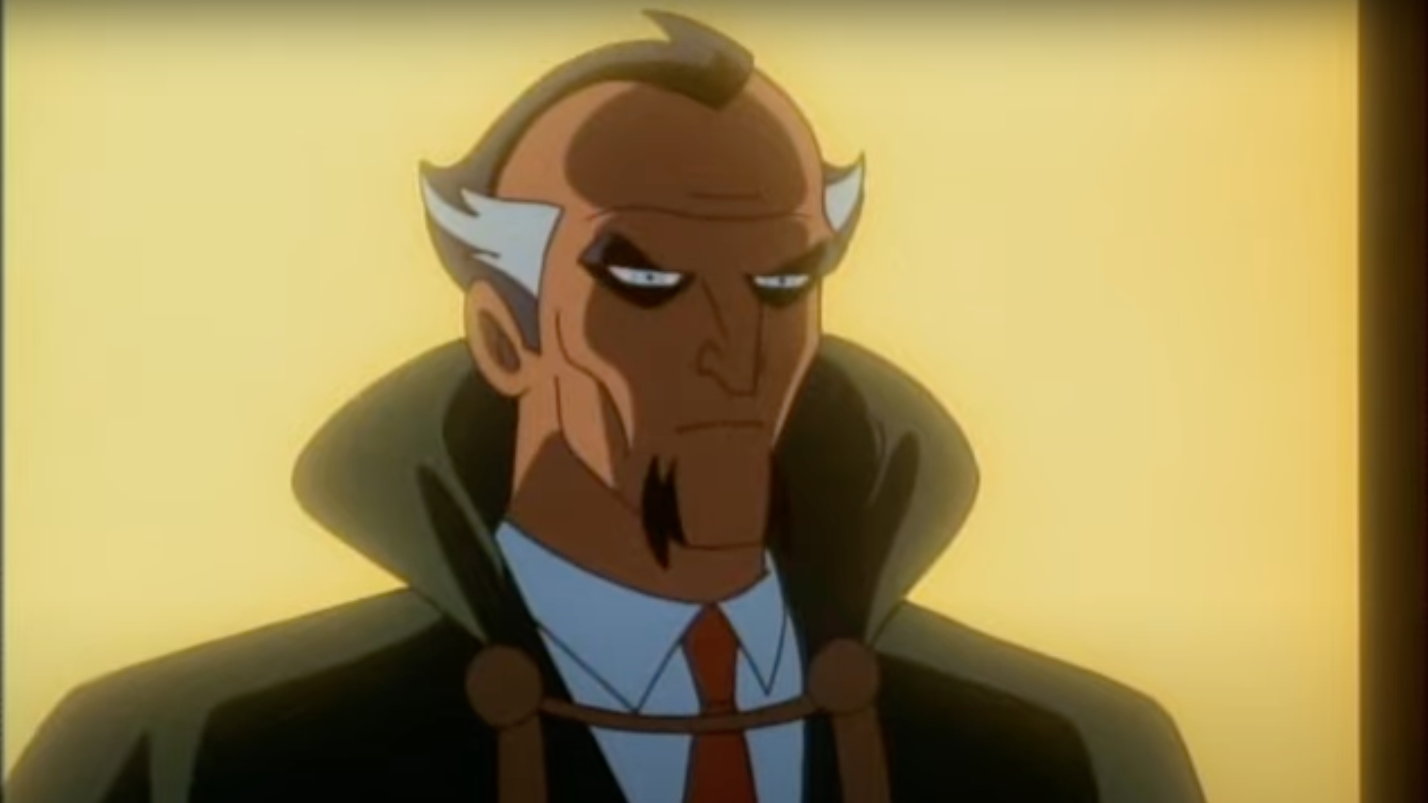
It’s hard to believe now this supervillain is everywhere, but Ra’s al Ghul took a while to move beyond comics. Warner first brought Ra’s to the screen; for many, he remains the definitive Demon’s Head.
Being part of the DCAU helped, but Warner’s many audio and animated voiceovers, this is the role that showcases the gravitas he could bring to a role. A massive influence on how one of Batman’s most intriguing foes has appeared ever since.

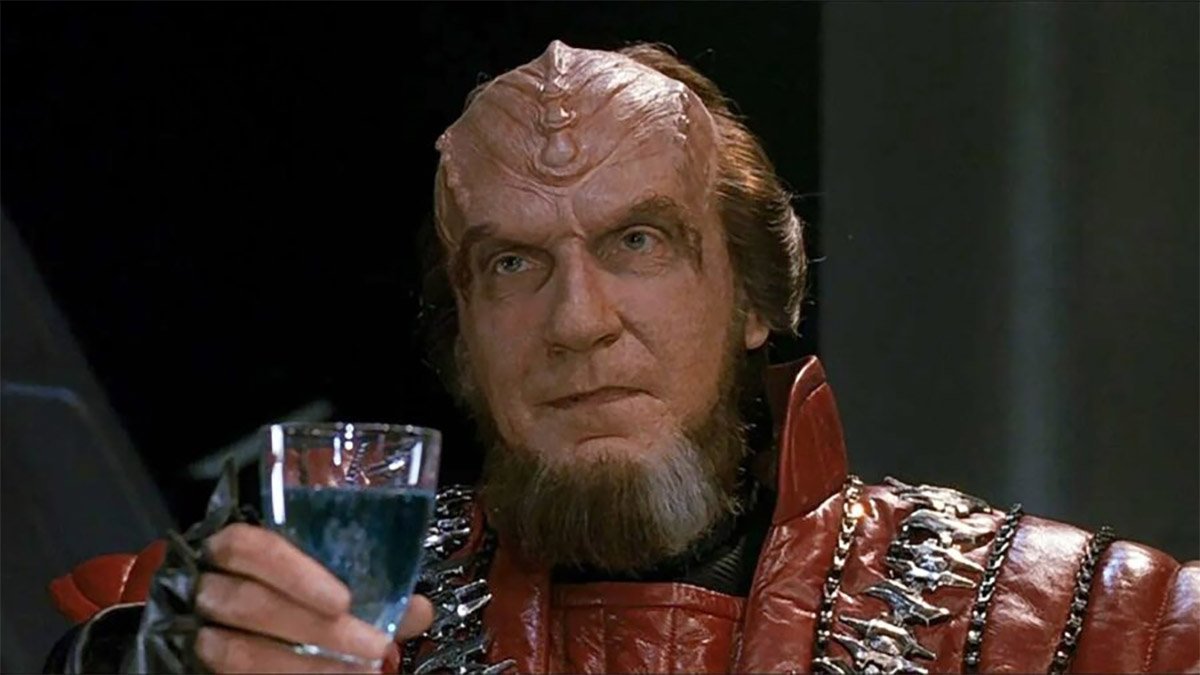
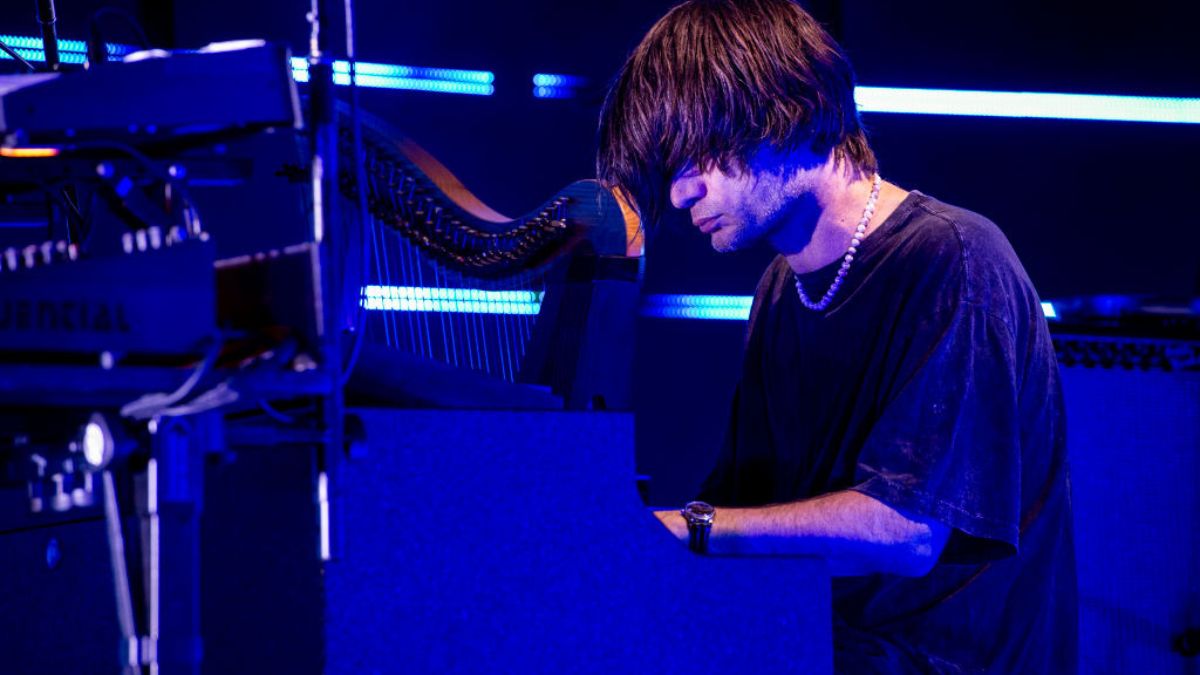








Published: Jul 26, 2022 07:29 pm